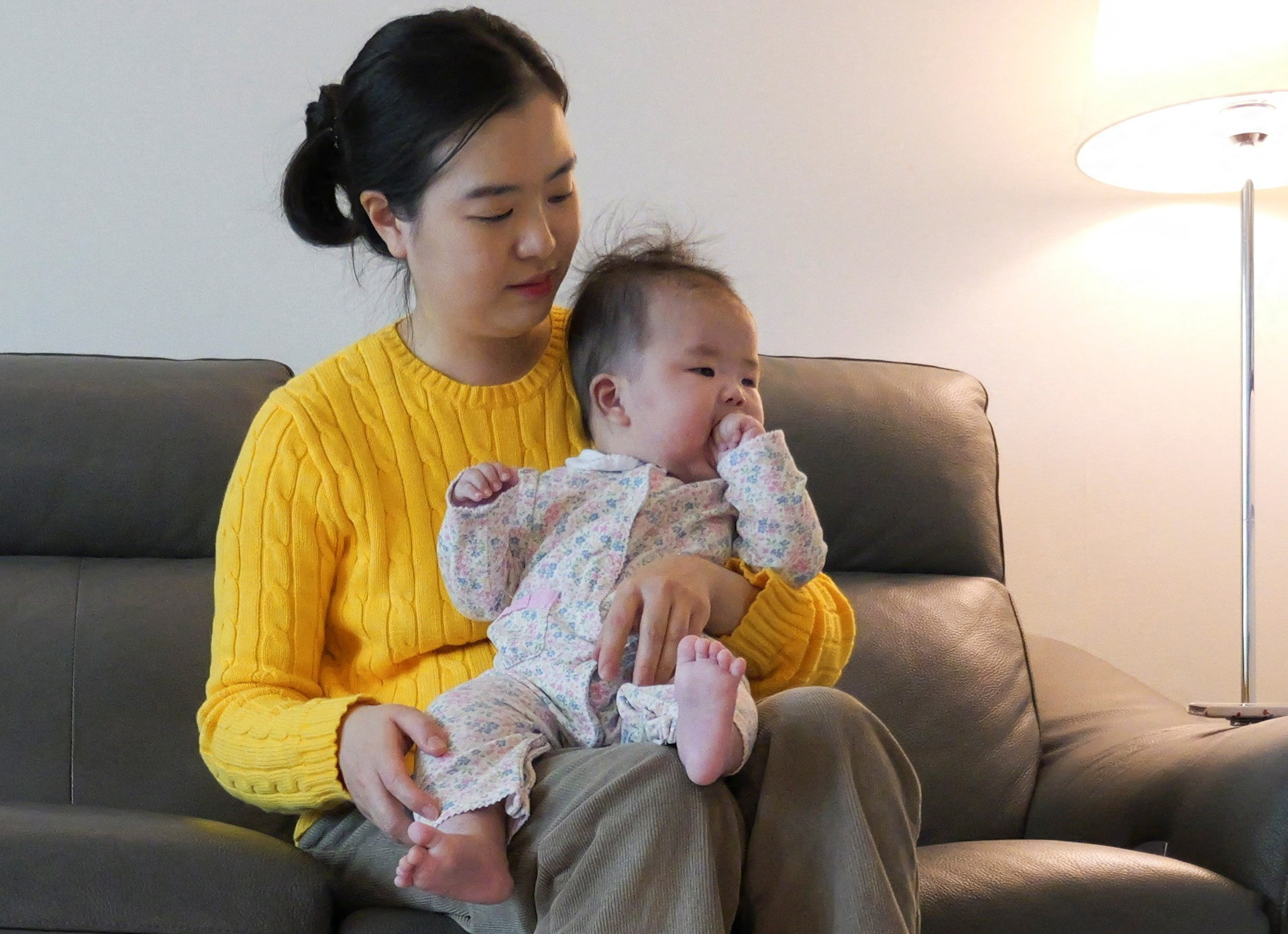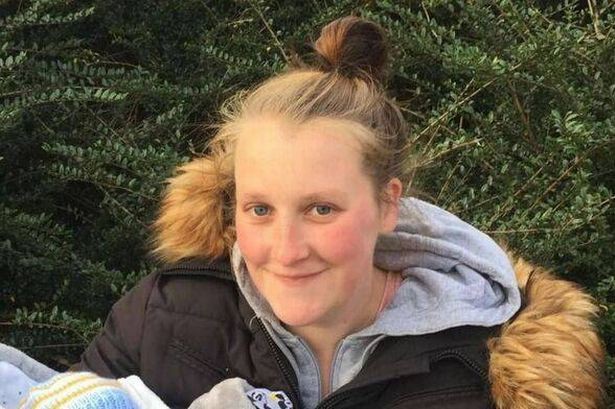Money not infertility, UN report says: Why birth rates are plummeting | Demographics News
Millions of people around the world are unable to have the number of children they desire, and financial constraints, lack of quality healthcare and gender inequality are some of the barriers to reproductive choices, according to a UN report.
The UN Population Fund (UNFPA) unveiled its State of the World Population report on Tuesday, warning that a rising number of people are being denied the freedom to start families due to elevated living costs, wars and lack of suitable partners and not because they reject parenthood.
Roughly 40 percent of respondents cited economic barriers – such as the costs of raising children, job insecurity and expensive housing – as the main reason for having fewer children than they would like, according to the report based on an online survey conducted by the UN agency and YouGov.
Fertility rates have fallen to below 2.1 births per woman – the threshold needed for population stability without immigration – in more than half of all countries that took part in the survey.
On the flip side, life expectancy continues to grow across almost all regions of the world, according to the survey conducted in 14 countries that are home to one-third of the world’s population.
Right-wing nationalist governments, including in the United States and Hungary, are increasingly blaming falling fertility rates on a rejection of parenthood.
But the 2025 State of the World Population report found most people did indeed want children. The survey findings indicated that the world is not facing a crisis of falling birth rates but a crisis of reproductive agency.
How was the study conducted?
UNFPA surveyed 14,000 people from four countries in Europe, four in Asia, three in Africa and three in the Americas.
The study examined a mix of low-, middle- and high-income countries and those with low and high fertility rates.
They were picked to try to represent “a wide variety of countries with different cultural contexts, fertility rates and policy approaches”, according to the report’s editor, Rebecca Zerzan.
South Korea, which is included in the study, has the lowest fertility rate in the world. The report also looked at Nigeria, which has one of the highest birth rates in the world.
The other countries included, in order of population size, are India, the US, Indonesia, Brazil, Mexico, Germany, Thailand, South Africa, Italy, Morocco, Sweden and Hungary.
The survey is a pilot for research in 50 countries later this year.
When it comes to age groups within countries, the sample sizes in the initial survey are too small to make conclusions.
But some findings are clear.
What were the key findings from the report?
According to UNFPA, 39 percent of people said financial limitations prevented them from having a child.
Job insecurity and fear of the future – from climate change to war – were cited by 21 percent and 19 percent of respondents, respectively, for reasons to avoid reproducing.
Elsewhere, 13 percent of women and 8 percent of men pointed to the unequal division of domestic labour as a factor in having fewer children than desired.
Only 12 percent of people cited infertility or difficulty conceiving for not having the number of children they wanted.
That figure was higher in countries like Thailand (19 percent), the US (16 percent) and South Africa (15 percent).
In many cases, there were significant differences in responses depending on which country people were reporting from.
But for Natalia Kanem, executive director at UNFPA, a universal finding from the report is that “fertility rates are falling in large part because many feel unable to create the families they want.”
In South Korea, three in five respondents reported financial limitations as an obstacle to having children.
It was just 19 percent in Sweden, where both men and women are entitled to 480 days of paid parental leave per child, which may also be transferred to grandparents.
Still, birth rates in Sweden are among the lowest in the world.
Zerzan pointed out that one factor alone does not account for falling fertility rates.
“I fully agree with that,” said Arkadiusz Wisniowski, professor of social statistics and demography at the University of Manchester.
“The decision to have a child is complex. Yes, it’s about money. But it’s also about time and access to the right kind of childcare,” he told Al Jazeera.
What role can immigration play?
When deaths outpace births, that is an indication that fertility rates are falling. “That’s not currently true at the global level,” Wisniowski said. “But it is true for numerous countries around the world, especially wealthier nations.”
“And some governments are having to navigate the reality of falling birth rates against the backlash against immigration. Clearly, immigrants can fill labour market gaps, and there is evidence they contribute to economic growth,” he said.
“But it’s no panacea.”
What can governments do about this?
“We can see both the problem and solution clearly,” the UNFPA report noted. “The answer lies in reproductive agency, a person’s ability to make free and informed choices about sex, contraception and starting a family – if, when and with whom they want.”
UNFPA warns against simplistic and coercive responses to falling birth rates, such as baby bonuses or fertility targets, which are often ineffective and risk violating human rights.
“We also see that when people feel their reproductive choices are being steered, when policies are even just perceived as being too coercive, people react and they are less likely to have children,” Kanem said.
Instead, the UN body urged governments to expand choices by removing barriers to parenthood identified by their populations.
Its recommended actions included making parenthood more affordable through investments in housing, decent work, paid parental leave and access to comprehensive reproductive health services.
“The recommendations [in the report] are all good,” Wisniowski said. “They would all empower people to try and achieve their family-linked aspirations. But these comprehensive policies will come with a cost.”
For years, labour economists have warned that falling fertility poses a threat to future prosperity because it increases fiscal pressures due to ageing populations – when the number of pensioners in relation to workers rises.
“Governments may need to tax working people more or take on more debt to address the reality of fewer young people,” Wisniowski noted. “But fertility isn’t something that you can easily tinker with. We are facing considerable uncertainty.”





